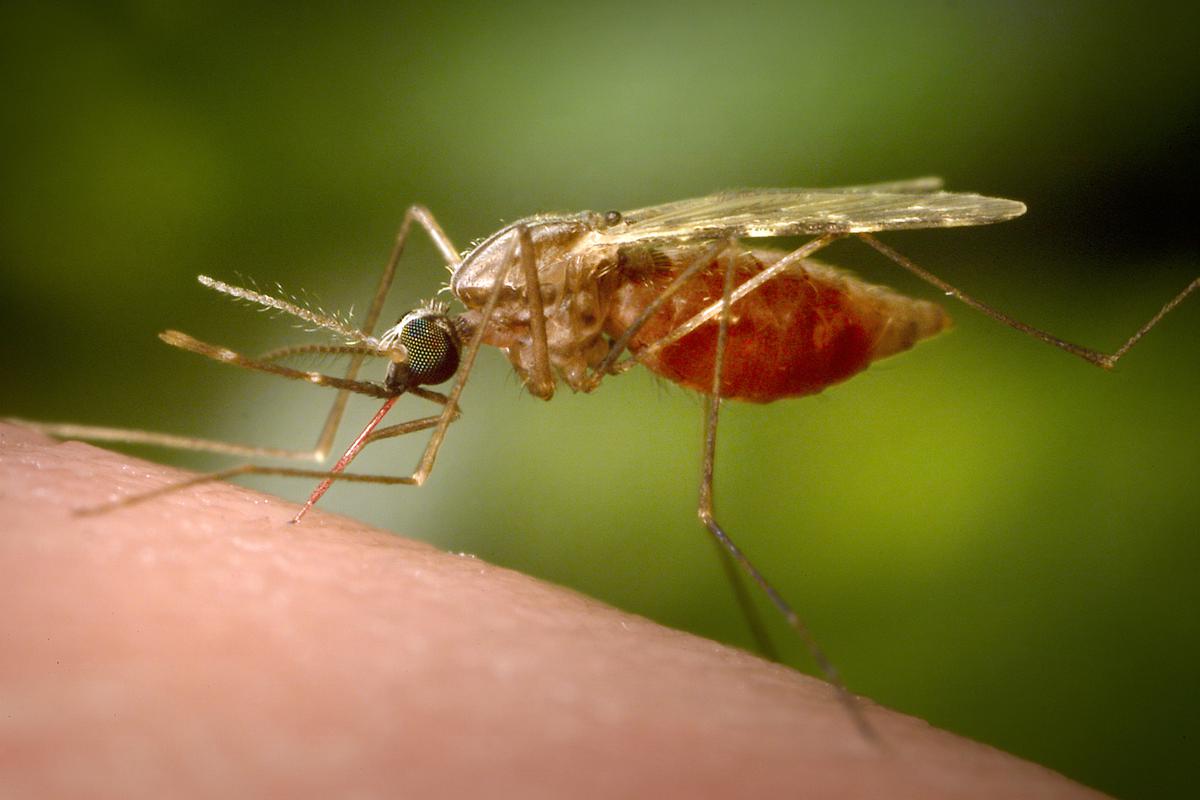
Antibody treatment tested as new tool against malaria
The Hindu
Research in Africa has found a one-time dose of an experimental drug protected adults against malaria for at least six months
Research in Africa found a one-time dose of an experimental drug protected adults against malaria for at least six months, the latest approach in the fight against the mosquito-borne disease.
Malaria killed more than 620,000 people in 2020 and sickened 241 million, mainly children under 5 in Africa. The World Health Organization is rolling out the first authorized malaria vaccine for children, but it is about 30% effective and requires four doses.
The new study tested a very different approach — giving people a big dose of lab-made malaria-fighting antibodies instead of depending on the immune system to make enough of those same infection-blockers after vaccination.
“The available vaccine doesn't protect enough people,” said Dr. Kassoum Kayentao of the University of Sciences, Techniques and Technologies in Bamako, Mali, who helped lead the study in the villages of Kalifabougou and Torodo.
In those villages during malaria season, other research has shown, people are bitten by infected mosquitoes on average twice a day.
Also Read | A new target found to combat AMR Salmonella
The experimental antibody, developed by researchers at the U.S. National Institutes of Health, was given by IV — difficult to deliver on a large scale. But the encouraging findings bode well for an easier-to-administer shot version from the same scientists that’s in early testing in infants, children and adults.

One dies, eight hospitalised after inhaling HCL fumes at pharma company in Andhra Pradesh’s Anakapalli district. About 400 litres of HCL leaked from the reactor-cum-receiver tank at Unit-III of the company, which affected nine workers, says Collector. While the condition of six of them is stable, two are on ventilator support. Chief Minister Chandrababu Naidu directs authorities to provide advanced treatment to the victims. Home Minister Anitha expresses anger over repeated such incidents.










